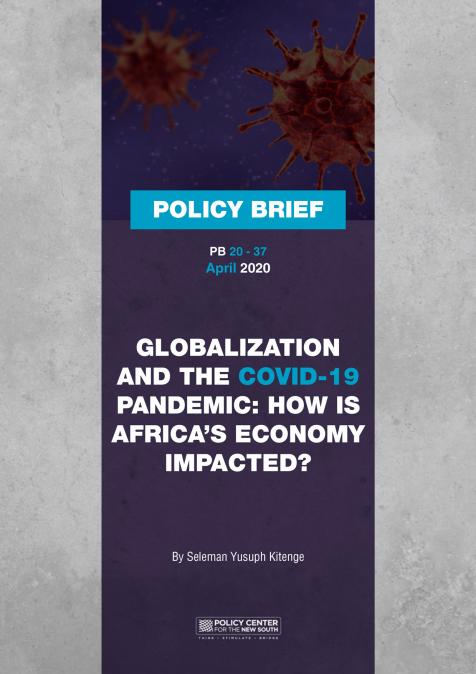Publications /
Policy Brief
Morocco's significant renewable energy resources offer an unprecedented opportunity to anchor the country’s economic and political choices in the energy transition, and to turn the transition into an essential lever for economic development. This is all the more relevant as the costs of renewable energies have dropped over the past 10 years2, and now offer strong potential, not only for creating green jobs but for ensuring a dynamic and resilient economic growth as well. In 2020, nearly 20% of Morocco's electricity production was provided by renewable energy resources (RES), while the installed capacity of RES was around 36%. Morocco's ambition is to reach a target of 52% of installed RES capacity by 2030, reinforcing the country's commitment to energy transition and decarbonization. However, this transition must also be sustainable from a socio-economic point of view and must ensure that ‘no one is left behind’. It is, therefore, necessary to quantify the costs and benefits of the energy transition, in order to identify the right policy approaches and mitigate the potential negative effects of the transition on growth, particularly in terms of industrial competitiveness, employment, and citizens' purchasing power.
Part II of the Morocco’s Decarbonization Pathway Policy Brief series presented an update of the decarbonization scenarios. It revealed that in the Increased Ambition and Green Development scenarios, Morocco would achieve higher decarbonization targets than the current policy. Decarbonization targets will be achieved mainly thanks to extensive electrification of the final sectors and increasing RES in the generation mix. More specifically, the transportation, power generation, and residential sectors will be crucial to the decarbonization of Morocco’s energy consumption. This third Policy Brief in the series presents the results of a cost-benefit analysis, performed to identify the technological levers of the energy transition in Morocco, and to estimate the global economic benefit of modeled scenarios presented in Part II, both at national and sectoral levels.






